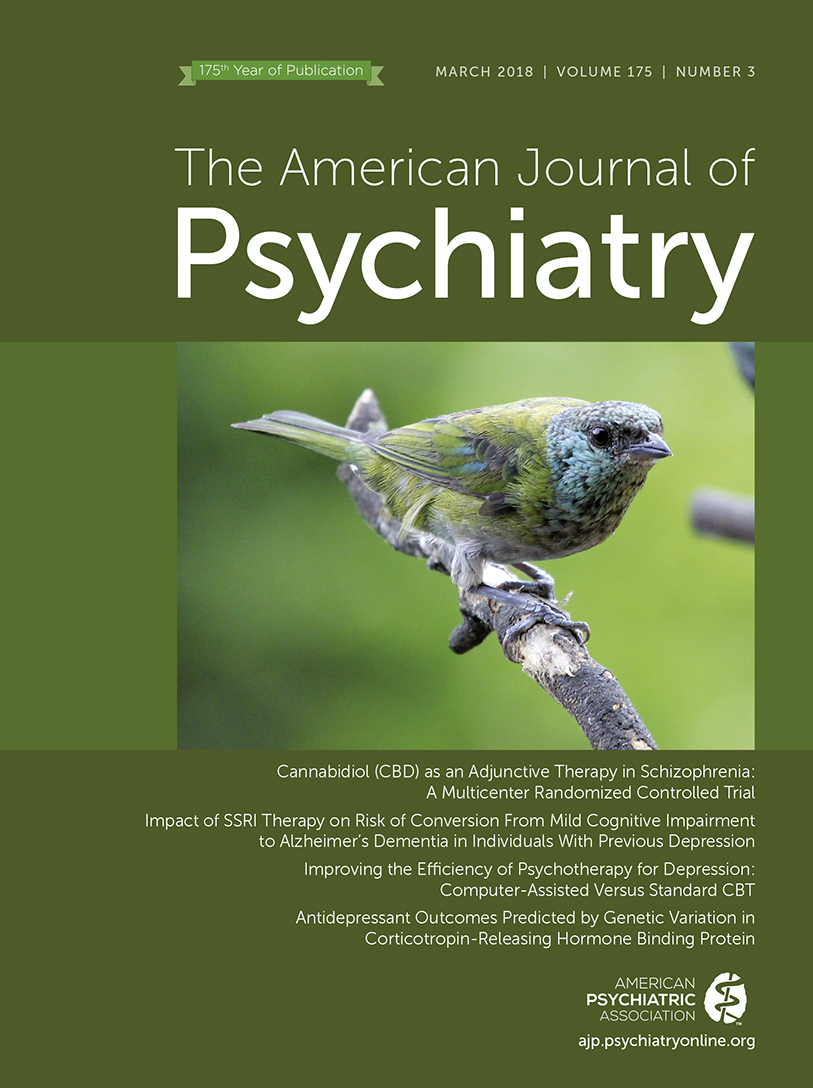Clinical and Cognitive Significance of Auditory Sensory Processing Deficits in Schizophrenia
Abstract
Objective:
Although patients with schizophrenia exhibit impaired suppression of the P50 event-related brain potential in response to the second of two identical auditory stimuli during a paired-stimulus paradigm, uncertainty remains over whether this deficit in inhibitory gating of auditory sensory processes has relevance for patients’ clinical symptoms or cognitive performance. The authors examined associations between P50 suppression deficits and several core features of schizophrenia to address this gap.
Method:
P50 was recorded from 52 patients with schizophrenia and 41 healthy comparison subjects during a standard auditory paired-stimulus task. Clinical symptoms were assessed with the Scale for the Assessment of Positive Symptoms and the Scale for the Assessment of Negative Symptoms. The MATRICS Consensus Cognitive Battery was utilized to measure cognitive performance in a subsample of 39 patients. Correlation and regression analyses were conducted to examine P50 suppression in relation to clinical symptom and cognitive performance measures.
Results:
Schizophrenia patients demonstrated a deficit in P50 suppression when compared with healthy subjects, replicating prior research. Within the patient sample, impaired P50 suppression covaried reliably with greater difficulties in attention, poorer working memory, and reduced processing speed.
Conclusions:
Impaired suppression of auditory stimuli was associated with core pathological features of schizophrenia, increasing confidence that P50 inhibitory processing can inform the development of interventions that target cognitive impairments in this chronic and debilitating mental illness.



